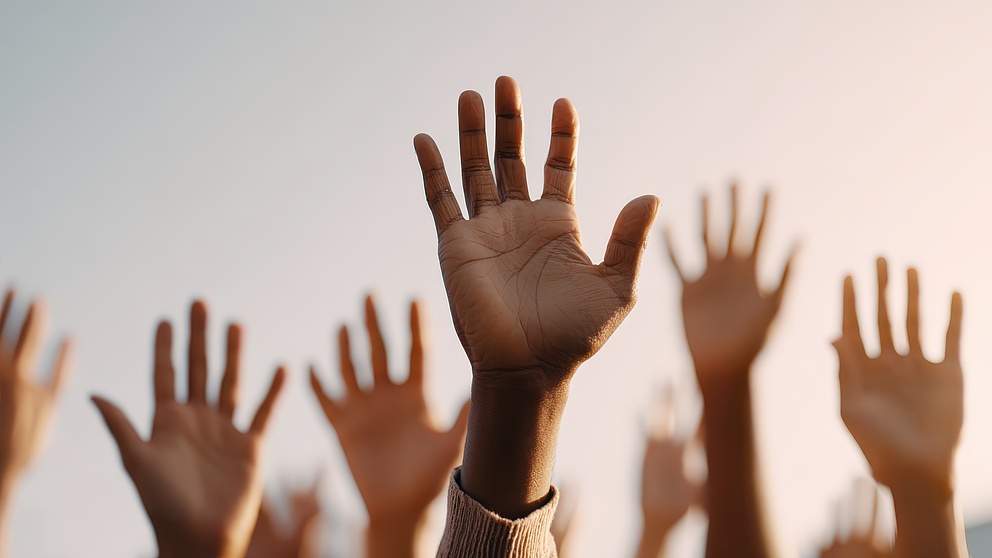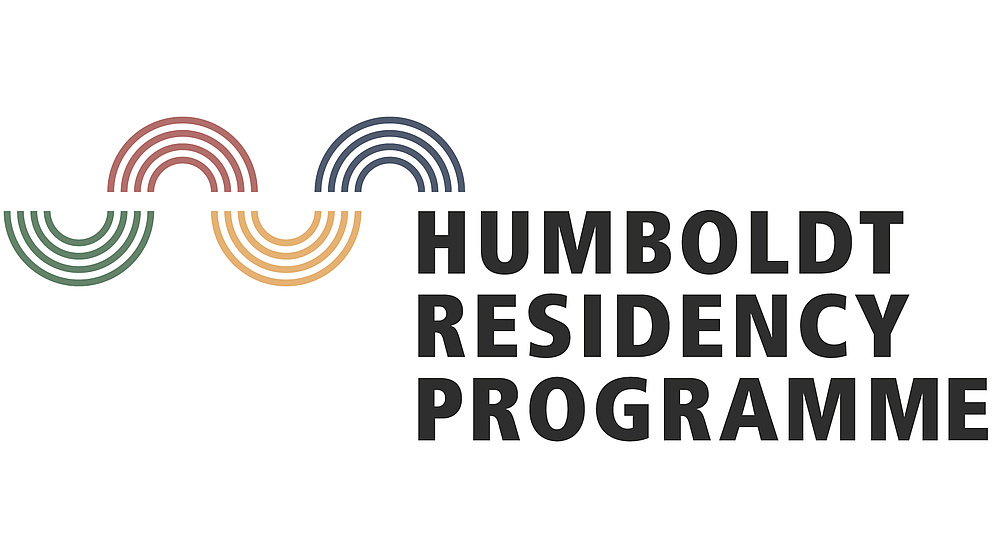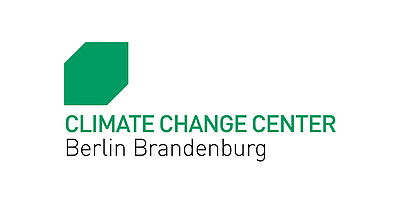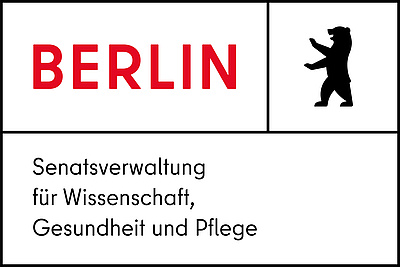Jump to the content
- {{#headlines}}
- {{title}} {{/headlines}}

Contact
Tonja Klausmann
Alexander von Humboldt Foundation (Berlin Office)
Humboldt Residency Programme
Markgrafenstr. 37
10117 Berlin
+49 30 20 45 55 39
residency[at]avh.de
The numerous challenges facing us today – such as climate change, the emergence of zoonoses and the current COVID-19 pandemic – clearly demonstrate that the benefits to society as well as the visibility of scientifically generated knowledge partly depend on sharing ideas with other sectors of society.
Headed by annually changing hosts, the Humboldt Residency Programme seeks to bring together Humboldtians and other researchers with actors in civil society, journalists, entrepreneurs and artists to work on a common topic during the residency.
In the form of media formats, events and publications, this programme aims to generate tangible new impetus in academia, society and politics. The programme reinforces innovation by transdisciplinary cooperation beyond the boundaries of science.
Humboldt Residency-Programm 2026

Whilst democracy remains the most widespread and desired form of governance worldwide, it faces a long-term global decline. Populist movements – often challenging core democratic values – continue to gain momentum, fuelled in part by growing distrust in democratic institutions, a sense of underrepresentation, and an increasing distance from democratic processes within certain social groups. Digitisation, whilst opening new spaces for political debate, has also led to an information crisis, fostering polarisation and disinformation. Instances of economic interests and actors influencing democratic systems call into question the concept of representation for all people.
For a healthy democracy, however, it is essential that citizens participate beyond election cycles. To ensure the resilience of contemporary democracies, they need to adapt to regional and socio-cultural demands and increase accessibility and participation for all their members. The Humboldt Residency Programme 2026 is responding to this need by critically examining political participation as a concept, as well as by designing and experimenting with innovative, informal political participation formats – grounded in the belief that democratic values are fundamental to security, cultural diversity, and economic prosperity.
Subtopics may include:
- Political Legitimacy: Can political participation rebuild public trust in institutions and, thereby, in governance - especially amongst those who are, or perceive themselves to be, marginalised by the current system?
- Deliberative and Participatory Democracy Models: What potential do existing mechanisms such as citizens’ councils, participatory budgeting, and direct democracy tools hold?
- Representation of Minorities: How can both formal and informal political participation be designed to ensure the representation of marginalised voices in political decision-making?
- Political Participation in the Digital Age: How can risks such as disinformation and polarising echo chambers—and opportunities such as the accessibility of digital deliberation and online civic engagement – be balanced sustainably?
The call for applications for the Humboldt Residency Programme 2026 "Democracy 2.26: Designing Political Participation” is closed.
Humboldt Residency Programme 2025
The Future of Food
Nourishment is a basic human need and thus our shared relationship with food connects people across time and space. But rather than just a biological necessity, food is a lens through which we view and create society. This topic explores how technological innovations and ethical frameworks in food production and consumption address global health challenges and social inequalities. Participants will dissect the evolving landscape of global food practices and speculate on the future of food. The 2025 Programme will focus on various areas:
- Environmental Shifts Driving Innovation
- Food Trends Around the Globe
- Health and Ethical Considerations
- Food as a Cultural Construct
Humboldt Residency Programme 2024
Power and Knowledge: Confronting Global Imbalances in our Knowledge Systems
Knowledge and power are inherently linked. The decision as to what constitutes (true) knowledge emerges from a global, but asymmetrical network of power structures. In 2024, the Humboldt Residency Programme addresses this topic by asking the question as to how the exchange of knowledge between the Global North and the Global South can be structured in the science system and beyond. The aim is to create synergies out of existing knowledge and integrate the voices of more local actors in global strategies.
The key questions are:
- How can we counter inequalities in access to knowledge and in the visibility of different forms of knowledge?
- What resources are required to diversify access to the existing system?
- What possible ways are there of re-establishing traditional knowledge systems that have been destroyed by colonialism?
- How can researchers and political actors from the Global North be sensitised to persisting colonial structures as well as to the value of existing local and indigenous knowledge?
Humboldt Residency Programme 2023
The Humboldt Residency Programme 2023 convened under the title “Our Precious Resources: Pathways to a Secure and Sustainable Future” and examined, how a changed use of resources can pave the way to a sustainable – and with that secure – future. By exploring the interface of global ecological urgency, political volatility, and societal conditions the programme aimed to foster a wide-ranging exchange between scientific and non-scientific stakeholders to inspire solutions for the most pressing questions currently facing humankind.
Humboldt Residency Programme 2022
In its pilot year, the 2022 Humboldt Residency Programme brought together a unique constellation of 15 individuals from academia, journalism, philosophy, and the arts to jointly reflect on the topic of social cohesion. The aim was to stimulate new perspectives on the issue of eroding social cohesion and rising populism as well as extremism. In the form of media formats, events and publications, the participants have generated tangible new impetus in academia, society and politics.





